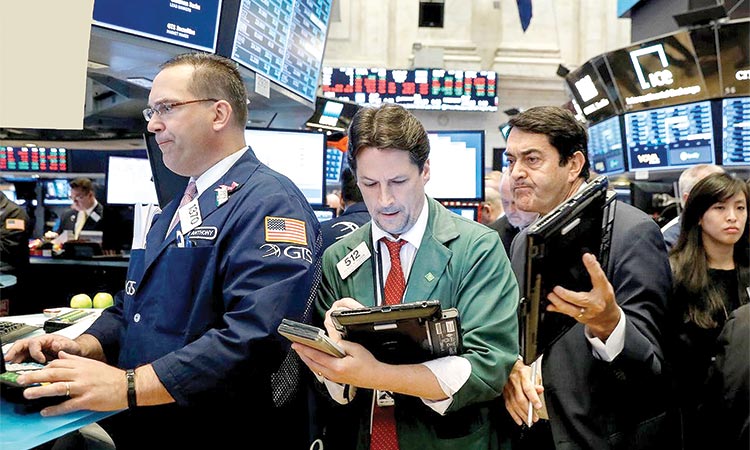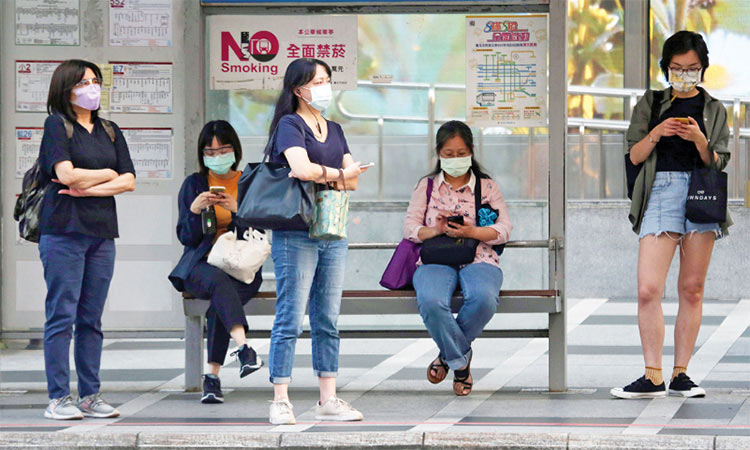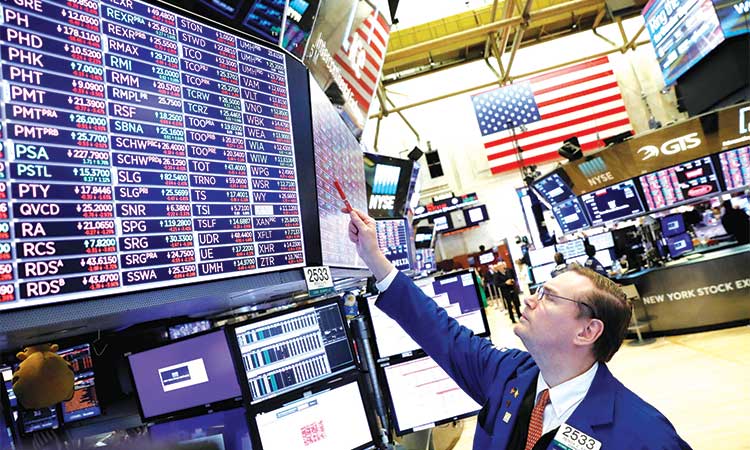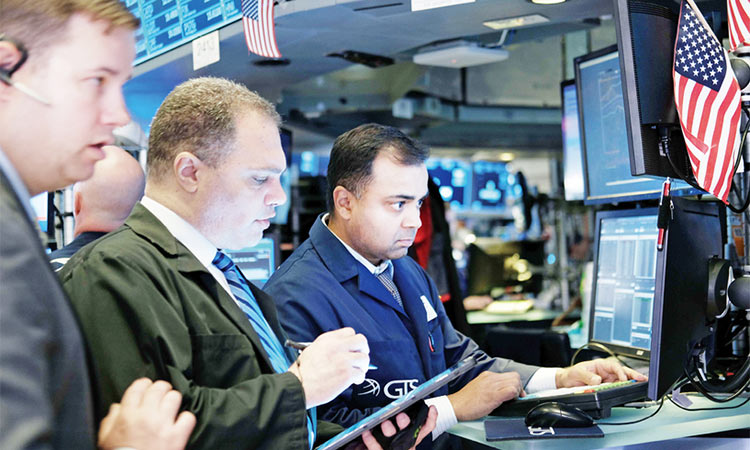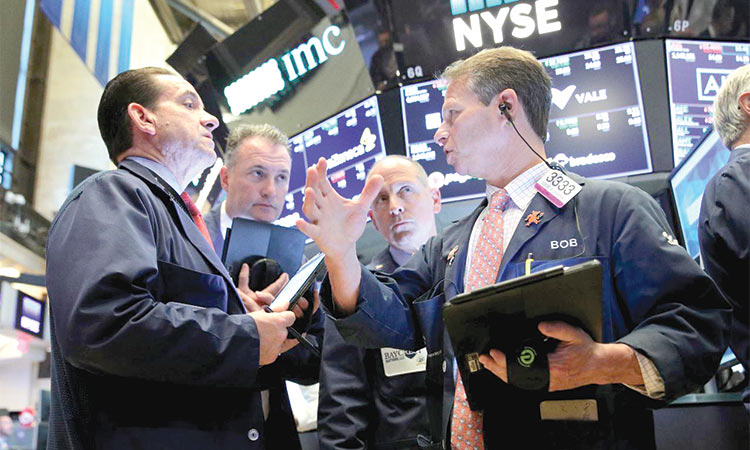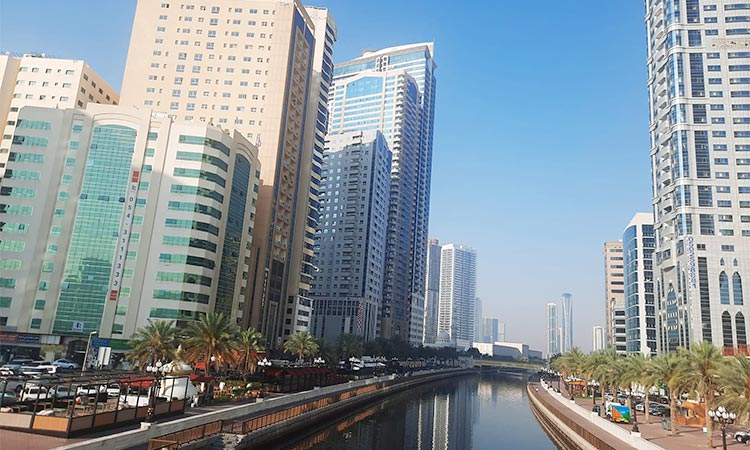China woos foreign investors in meetings with top global CEOs

Tim Cook attends an opening event at the new Apple store in Shanghai. Reuters
In the meetings with Apple CEO Tim Cook, Hynix CEO Kwak Noh-Jung and other global chiefs on Friday and Saturday, Wang said China was committed to opening up its economy and offered growth opportunities for multinationals, according to ministry statements.
The meetings took place ahead of the China Development Forum, which will be held in Beijing on Sunday and Monday. It is a high-level annual event where foreign business leaders can interact with senior Chinese government officials.
China, grappling with a slowing economy, is stepping up efforts to attract foreign companies amid heightened Sino-US tensions and Western “de-risking” efforts to diversify supply chains away from China.
Foreign investment flows into China shrank nearly 20% in the January-February period from a year earlier, commerce ministry data showed on Friday.
Cook opened Apple’s newest store in Shanghai on Thursday, as the phone maker battles falling iPhone sales in China and rising competition from domestic rivals such as Huawei. The smartphone maker is now facing a major antitrust action in the United States.
Wang told Cook that China-US economic and trade cooperation is a stabilising force for bilateral relations and that China was willing to work with the United States to create a “fair, stable and predictable environment” for businesses, the ministry said.
In a separate meeting, Wang and CEO Kwak of semiconductor maker Hynix discussed supply chain cooperation between China and South Korea, the ministry said.
Wang said he hoped that Hynix can continue to invest in China, and share growth opportunities from the country’s huge electronics consumer market.
The US government has been pressing its allies including South Korea, the Netherlands and Japan to curb China’s access to advanced semiconductor technology.
In a meeting with BNP Paribas chairman Jean Lemierre, Wang said China hoped to resolve Sino-Europe trade disputes through dialogue and cooperation, and that the French lender could play an active role in the process.
Trade disputes between China and Europe have been mounting over the past year. The European Union has launched an investigation into Chinese electric vehicle imports over state subsidies, while China has opened an anti-dumping investigation on brandy imported from the EU.
Wang also held a roundtable on Saturday with executives of global drugmakers including Bristol-Myers Squibb, GSK and Pfizer, the ministry said.
Foreign investment flows into China shrank 19.9% in January-February from a year earlier to 215.1 billion yuan ($30 billion), data from the commerce ministry showed on last Friday, even as the government gears up to woo foreign firms.
China’s cabinet on Tuesday unveiled new steps to arrest a slowdown in foreign investment, including expanding market access and relaxing some rules.
Overseas firms have turned sour on China since it enacted ultra-strict COVID curbs during the pandemic then suddenly abandoned them in late 2022, with concerns over the business environment, a shaky economic recovery and rising geopolitical tensions with the West weighing on confidence.
A series of prolonged regulatory crackdowns on sectors from technology to education have also rattled domestic and foreign investors, adding to unease over policy transparency in China.
U.S. Commerce Secretary Gina Raimondo said last year that American businesses had told her that China was becoming “uninvestible”.
In 2023, foreign direct investment into China shank 8% year-on-year.
Of the foreign investment in the first two months, 71.44 billion yuan, or a third of the total, went into China’s high-tech industries, including high-tech manufacturing, the ministry said.
Foreign investment in China’s construction sector rose 43.6% year-on-year, while investment in wholesale and retail industries grew 14.5%, it added.
Last week, China’s central bank left a key policy rate unchanged while withdrawing cash from a medium-term policy loan operation on Friday, as the authorities continued to prioritise currency stability amid uncertainty over the timing of expected Federal Reserve interest rate cuts.
The Fed’s historic monetary tightening has bolstered the dollar and pressured the yuan over the past few years. Cutting rates before a move by the Fed or other major central banks would widen yield differentials, potentially putting more pressure on the local currency.
The People’s Bank of China (PBOC) said it was keeping the rate on 387 billion yuan ($53.80 billion) worth of one-year medium-term lending facility (MLF) loans to some financial institutions unchanged at 2.50% from the previous operation.
With 481 billion yuan worth of MLF loans set to expire this month, the operation resulted in a net 94 billion yuan fund withdrawal from the banking system. It marked the first cash withdrawal through the liquidity instrument since November 2022.
